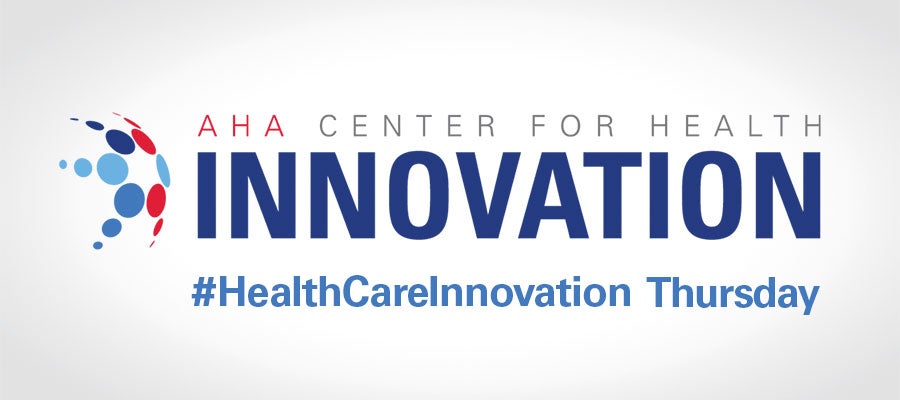Innovation gave us the light bulb — now it’s giving us digital health and more


The first innovation incubator likely was Thomas Edison’s lab in Menlo Park, N.J., where he and his team tinkered with emerging technology, such as the light bulb, phonograph and motion picture camera. Many people consider Edison to be the greatest American innovator in modern history. Wilhelm Conrad Röntgen, who was tinkering in his lab and inadvertently discovered X-rays — he received the first-ever Nobel Prize in Physics in 1901 — would likely be considered one of the great innovators in health care. But there are many others.
"86% of health systems now have one or more executives responsible for innovation strategy and oversight."
Who and what will be considered the greatest innovators and innovations in health care? As noted in the 2020 AHA Environmental Scan, 86% of health systems now have one or more executives responsible for innovation strategy and oversight. Today, we are in one of the most innovative and transformative times in our field. Change is happening so quickly, and innovative ideas promise to keep improving the quality of care delivery to more and more patients and communities.
A list of the top innovations in health care in 2019 surely would include:
- Artificial intelligence, analytics and machine learning. AI is improving care delivery by using data to prevent disease, improve health and detect changes in patients’ health status. AI also offers exciting opportunities for the health care workforce – to take on expanded responsibilities and acquire new digital skills to assist AI teams.
- Digital health. New electronic capabilities, including wearable devices and monitors, are better connecting providers and patients and engaging patients in their own health care more than ever. Hospitals and health systems need to continue creating and executing their own digital health strategy to make it easier for patients to schedule appointments, check their latest lab results and manage their own chronic illnesses.
- Disruptive innovation. New market entrants and vertical integrators are engaging in disruptive activities in delivering and financing health care services. Using their collective strength, hospitals, health systems and their partners can launch scalable innovations so patients have more options, particularly for ambulatory care needs.
- Evolving care models. By redefining care models and implementing value-based strategies, hospitals and health systems are working to achieve better care and outcomes for patients, smarter spending and healthier communities. The AHA Center for Health Innovation developed a maturity framework for organizations to assess their care delivery and organizational capabilities and determine the best type of value-based care.
- Integrating behavioral health. Hospitals and health systems that successfully integrate behavioral health services into their patient operations – to treat the whole person – are seeing improved clinical outcomes, fewer patients returning to the emergency department, fewer inpatient readmissions and improved ED patient throughput.
The AHA Center for Health Innovation has Market Insights tools and resources on all of these topics.
As the Center makes plans for 2020, including convening the Next Generation Leaders Fellowship in July and announcing the Innovation Challenge in February, we look forward to working with you on brainstorming and developing the next great innovation in health care.
Maryjane Wurth is AHA executive vice president and chief operating officer.
Follow our AHA Weekly blogs or on social media with #HealthCareInnovation Thursday.

